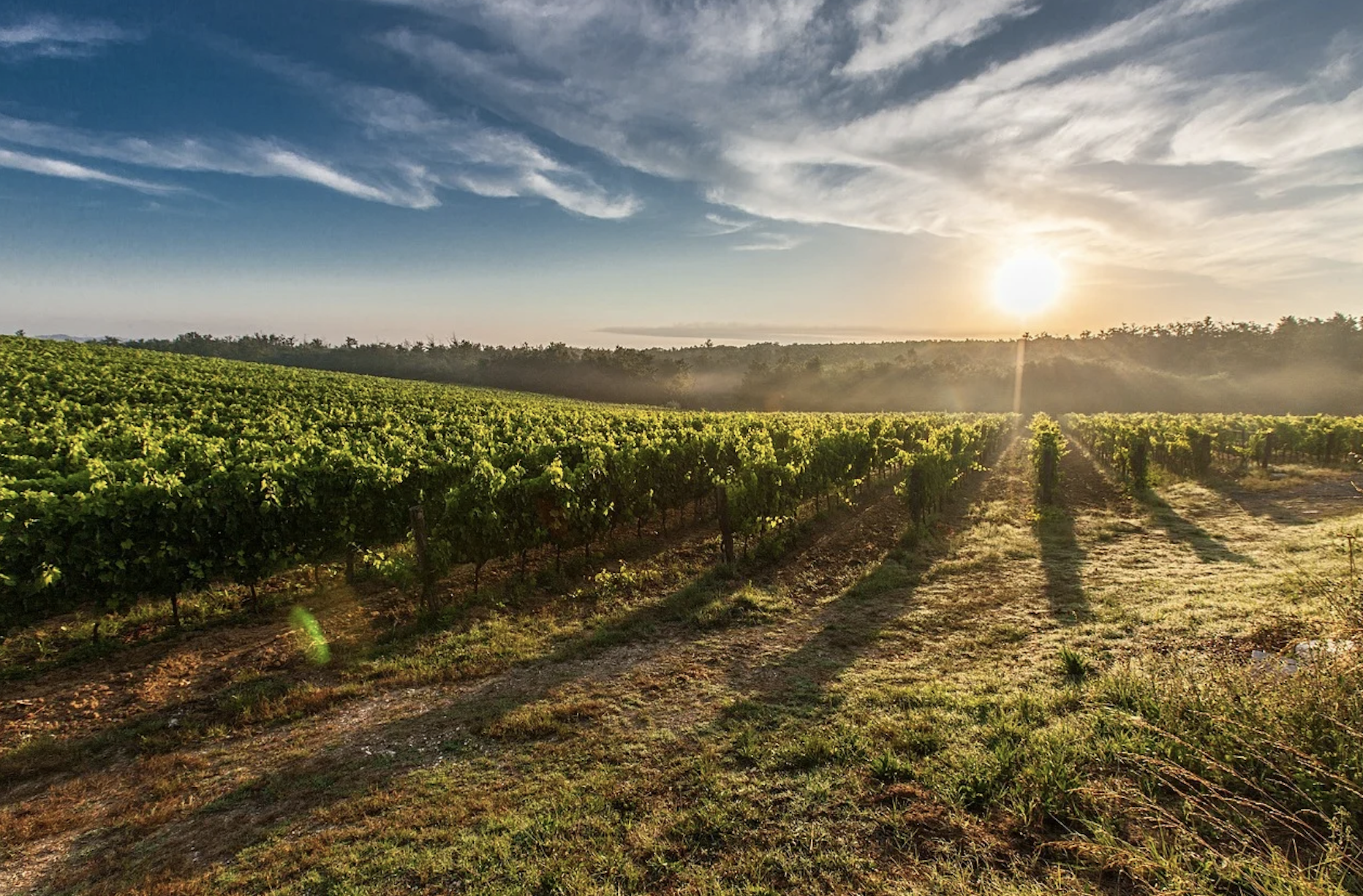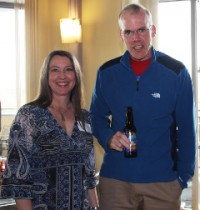Nestlé, World’s Largest Food Company, to Invest $1.3 Billion in Regenerative Agriculture
Photo: Pexels
This article originally appeared in Presence Marketing’s October 2021 Industry Newsletter
By Steve Hoffman
With agriculture accounting for nearly two-thirds of Nestlé’s total greenhouse gas emissions – with dairy and livestock accounting for half of that – the world’s largest food company announced on Sept. 16, 2021, that it is investing $1.3 billion over the next five years to help its farmers and suppliers transition to regenerative agriculture practices.
“With our long-standing partnerships with farming communities globally, we want to increase our support for farming practices that are good for the environment and good for people,” said Mark Schneider, CEO of the Swiss-based food company in a statement. “In the spirit of enabling a just transition it is vital that we support farmers around the world that take on the risks and costs associated with the move towards regenerative agriculture.”
Nestlé’s Chairman, Paul Bulcke, added, "We know that regenerative agriculture plays a critical role in improving soil health, restoring water cycles and increasing biodiversity for the long term. These outcomes form the foundation of sustainable food production and, crucially, also contribute to achieving our ambitious climate targets."
According to Food Business News, Nestlé said it will focus primarily on three initiatives. First, Nestlé said it will use its network of R&D personnel and agronomists to develop more environmentally friendly crops and production practices. Second, the company said it will offer training and help producers exchange information and best practices that may be adapted locally, and that it will support farmers by co-investing with them, facilitating lending or helping obtain loans for equipment. Third, Nestlé said it is committed to paying premium prices for products produced using regenerative agriculture practices.
“This means rewarding farmers not only for the quantity and quality of ingredients, but also for the benefits they provide to the environment through soil protection, water management and carbon sequestration,” the company said.
Nestlé’s announcement was made in the lead up to the UN Food Systems Summit in New York, as part of Nestle's contribution to help achieve the Sustainable Development Goals (SDGs) by 2030, the company said. It also follows the recent report from the United Nations' Intergovernmental Panel on Climate Change that shows the climate crisis is intensifying, it added.
Sustainability = Innovation
Sustainability is a doorway through which business leaders can alter the impact on the environment of products brought to market.
Photo: Pexels
How do we grapple with the specter of climate change and integrating sustainability into meaningful business strategies in the communities we serve?
Sustainability is a doorway through which business leaders can alter the impact on the environment of products brought to market. According to an article published in the September 2009 Harvard Business Review, sustainability is not the bottom line burden many executives believe it is. Instead, becoming environmentally friendly can lower costs and increase revenues and it is the driving force for innovation. With examples from case studies, the authors claim that “only companies that make sustainability a goal will achieve competitive advantage – that means rethinking business models as well as products, technologies, and processes.”
Many of you may already be on the path of integrating sustainable principles into your business strategy. Also you may already have a handle on your direct and indirect greenhouse gas emissions and how the cost of carbon will impact the supply chains you depend upon. However, if this aspect is new territory or you are not sure where to start or even if it is relevant or is just going to add costs, then be assured there is growing expertise available to help you. Climate change is now an important issue that needs to be integrated into your business practices. Be open to the vast terrain of sustainable, eco-friendly practices as that is the home of innovation and distinction. And don’t be afraid to ask for directions….
Photo: Compass Natural
Our community of Boulder, Colorado, is tackling the issue by setting a goal of reducing the current carbon footprint to 7% below 1990 levels by 2012 through instituting a host of initiatives and programs to enroll individuals and businesses in reducing their generation of greenhouse gases. Recently in Boulder, Best Organics (an organic and eco-friendly gift company that Steve Hoffman and I co-own), Natural Capitalism Solutions and Sterling Rice Group partnered to host climate hero, Bill McKibben, a renowned author and co-founder of 350.org. The gathering brought together thought leaders, leaders from organic and natural products, green building and alternative energy sectors, as well as staff from the City of Boulder and elected officials. The vision was simple: have a dialogue and explore together how Boulder is addressing its carbon footprint and how each individual and business has a part to play in meeting the community’s goals.
Today, there is tremendous opportunity for business to be a source of positive change that benefits society while also benefiting the bottom line. As Albert Einstein so aptly said, “No problem can be solved from the same level of consciousness that created it.” There is a need for leadership and talent for developing a low-carbon economy.
Drawing once again from the article in Harvard Business Journal, “the current economic system has placed enormous pressures on the planet while catering to the needs of only about a quarter of the people on it, but over the next decade twice that number will become consumers and producers. Traditional approaches to business will collapse, and companies will have to develop innovative solutions. That will happen only when executives recognize the simple truth: Sustainability = Innovation.”



